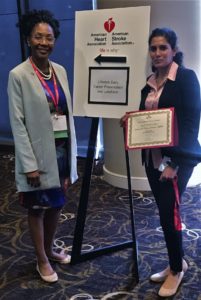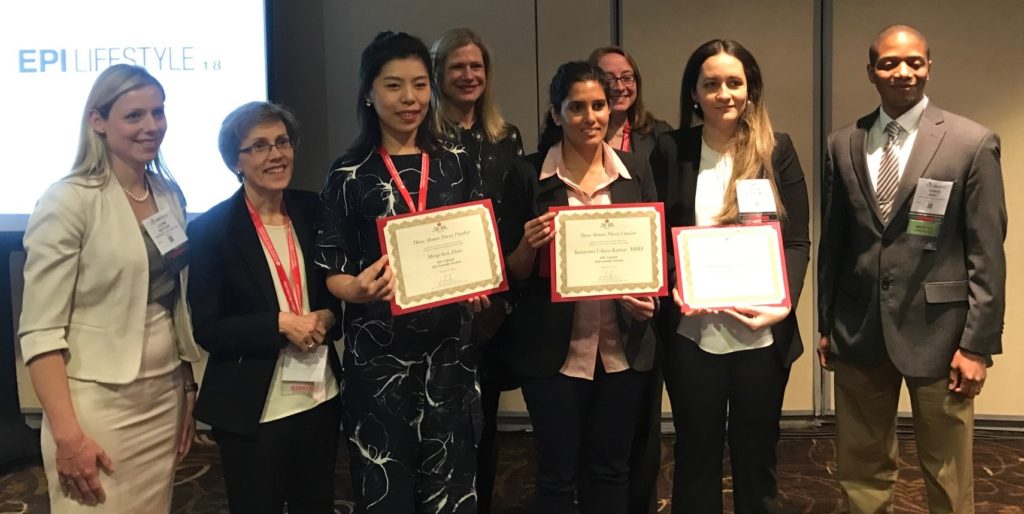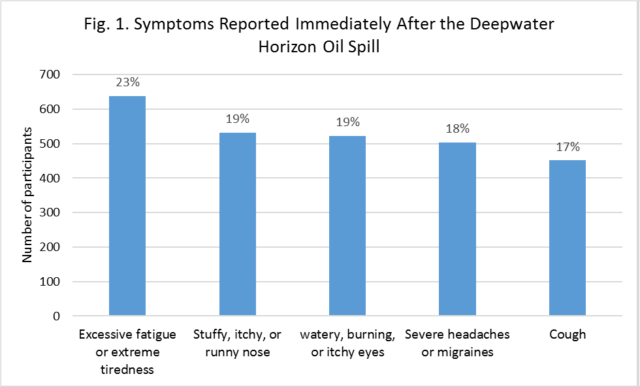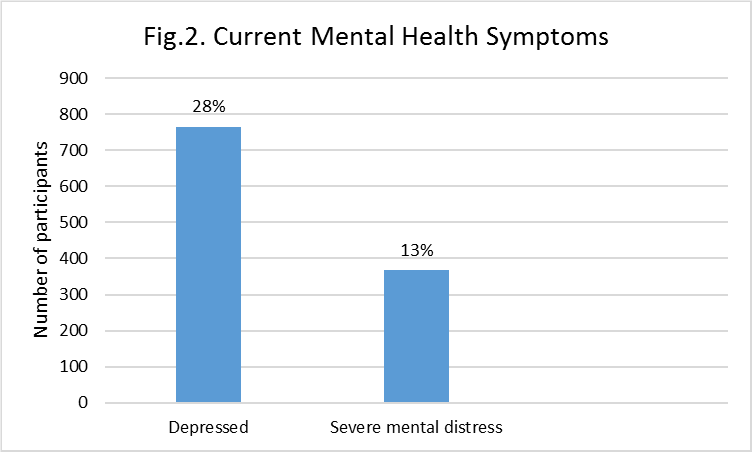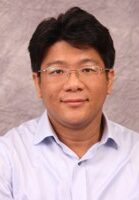MPH in Epidemiology
The Master of Public Health (MPH) in Epidemiology is designed to be an interdisciplinary professional degree, intended for individuals who wish to obtain a broad understanding of public health, with an emphasis on epidemiologic principles and methods.
The program is designed to be a 45-credit two-year program for full-time students. Part-time students can take up to 6 years to complete the program.
Upon completion of the MPH degree in Epidemiology, students will be able to: critique epidemiologic literature; use epidemiologic methods to assess patterns and changes in disease occurrence; formulate a hypothesis and identify an appropriate study design and analysis plan; design, implement, and assess data collection public health research; and analyze and interpret epidemiologic data.
MPH graduates with a concentration in epidemiology often are employed as epidemiologists in a broad range of organizations; such as federal, state and local public health agencies, private, government and academic research, pharmaceutical and other industries, health care organizations and consulting firms.
Why LSU and New Orleans
Faculty: Learn from and work alongside outstanding faculty who frequently publish in top journals on topics such as cancer, chronic and infectious diseases, social and behavioral health, and cardiovascular disease.
Multidisciplinary: Situated alongside a medical school and within a dynamic research university, epidemiology students can learn in an interdisciplinary environment while collaborating with Louisiana State University programs and centers.
Location: New Orleans offers a dynamic and diverse metropolitan community in which to study epidemiology and complete your practice experience.
Admission Requirements
Students typically have prior training in the quantitative and biologic or social sciences. As part of the SOPHAS application, all applicants will need to submit the following materials when applying to the LSU School of Public Health:
- College transcripts
- Three letters of recommendation
- Personal statement
- Resume
- International applicants require TOEFL or IELTS scores.
Detailed information about each of these admission requirements and the application process can be found under SPH Admissions.
MPH Degree Requirements
The Epidemiology MPH combines broad training in public health with specific training in the principles and methods of epidemiology. The degree requirements include course work in epidemiology, biostatistics, health service, environmental health, and social and behavioral sciences, as well as practicum culminating experiences. The complete curriculum can be found on the Epidemiology Curriculum page. For other SPH requirements and polices please refer to the SPH Handbook or the LSUHSC Catalog
Contact Information
Director, Graduate Studies for Epidemiology:
Ariane Rung, PhD, MPH
Email: epid_admissions@lsuhsc.edu
Chair of Epidemiology Program:
Tekeda Ferguson, PhD, MPH, MSPH
Email: tferg4@lsuhsc.edu

